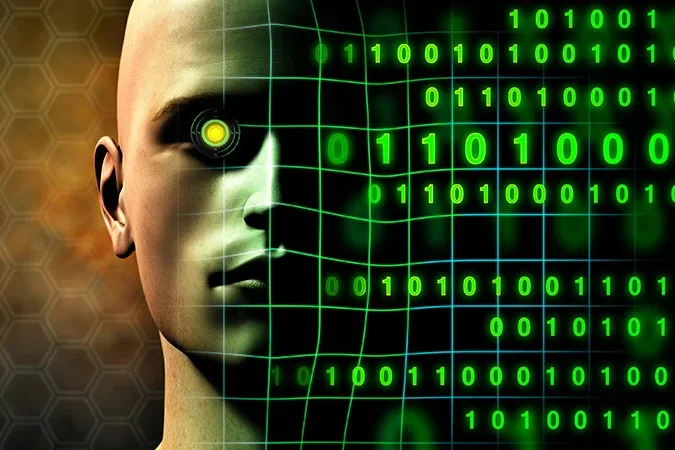The US Suspended Tech-Trade Talks with the UK
The US administration suspended technology-related negotiations with the UK government.

Google has had impressive augmented reality technology for years, but few ways to get millions of people using it. The company thinks it has software to fix that now, according to Bloomberg.
Tango, Google’s 3-D mapping system launched as a skunk works project in 2014, used cameras and depth sensors to re-create surroundings on mobile devices and locate users within that new digital realm. To run it, Android phone makers had to make considerable hardware upgrades, and only two companies took those steps.
The company released a mobile developer tool to get more AR features on Android phones without those costly hardware tweaks. Called ARCore, the software helps mobile apps and websites better track physical objects and overlay them with virtual images. Google will now pitch Android partners on its software, rather than courting them to be compatible with Tango.
ARCore will be available for developers to preview with Google’s own Pixel phones and Samsung Electronics’s S8. Google plans to add more Android devices over time and fully launch the software this winter. "We have a path to getting this on north of 100 million phones very quickly," said Clay Bavor, who leads Google’s virtual reality and AR efforts.
So far, AR has mostly showed up inside games such as the mobile hit Pokemon Go. Social media firms, like Facebook and Snap, are using the technology to jazz up and share photos and videos inside their apps. Apple is trying to make the technology more mainstream: its new AR software, ARKit, will be available on about half a billion iPhones and iPads later this year.
Google imagines a broad array of applications for its AR technology. Bavor highlighted potential improvements to some of the company’s main digital services. Instead of tracking a bobbing blue dot on Google Maps, people could situate themselves in a panoramic view of the street. Instead of typing search queries into a phone, people will simply point a camera that can "understand everything around you," Bavor said. "All of this is going to be made better with AR.
Google has also hinted at commerce uses. Earlier this year, it showed off trials with Gap and BMW where the retailers used the Tango system to build apps that functioned as virtual showrooms.